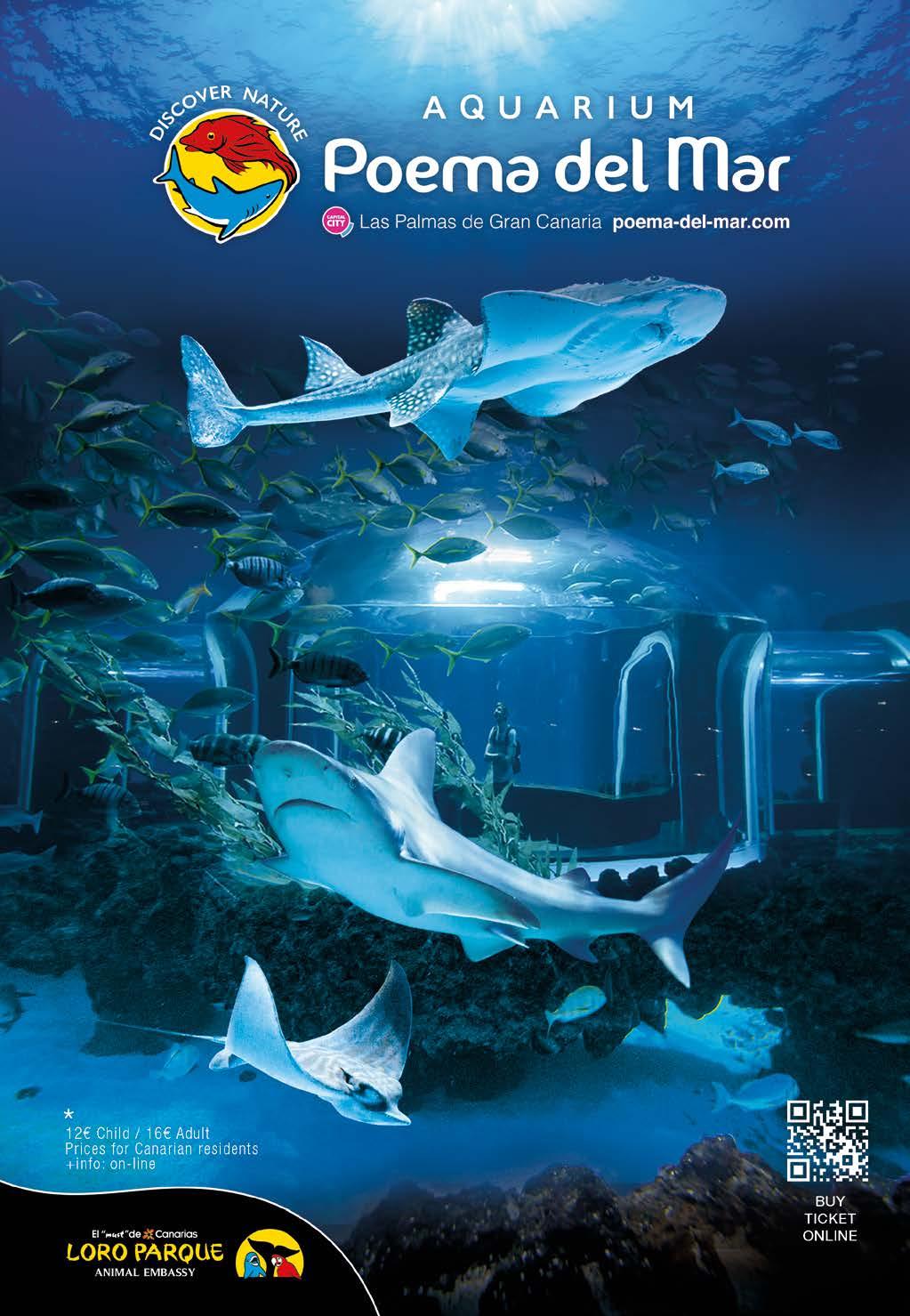
3 minute read
«THE MEDAL REPRESENTS THE JOURNEY TRAVELLED»
Judit Rolo (San Cristóbal de La Laguna, 1990) is a Spanish sportswoman who won two medals at the 2017 World Para Swimming Championships and five at the European Para Swimming Championships in 2016 and 2018. She earned two diplomas at the Rio de Janeiro Paralympics in 2016 by finishing fifth in the 50m Butterfly S7 and seventh in the 200m Individual Medley SM7.
How did you begin in swimming?
Advertisement
I began at the age of three due to my disability, hypochondroplasia. Those who suffer this condition have shorter bones than normal. There is surgery for it (which I never wanted to undergo) and the doctor advised my mother that I should take up sport to be in good health if I did decide to have the operation, which is very complicated. The most complete sport my mother could think of was swimming. Later, aged twenty, I was in the pool at Casa Cuna in Santa Cruz and my now coach José Luis Guadalupe saw me swimming and approached me to ask if I liked it and if I knew about adapted sport and would like to try it … That’s how I began.
Are you a full-time swimmer? What plans did you have before that?
Yes, although I have now reduced the amount I do slightly. I need to get a vocational qualification. I have others but am trying to combine swimming with the new studies I have just started.
Your record in the pool is impressive. Of all the medals and awards you have won, which are you most proud of?
It will sound strange because it is actually a piece of paper, but I would say the diploma I won at the Rio Paralympics in 2016. It took a lot of effort to achieve those times and I was going through a bad patch at the time due to a problem I was having. Swimming helped me a lot. It is my proudest achievement not just for the effort it took but for the desire to go, which made me put everything into getting the times and making it to the Games, my first Paralympics. Even if very tough as an experience, it was all worth it when I managed to dive into that pool and get to the final.
I suppose it is more important to you than the silver medal in Mexico in 2017.
I think that everything I have won has its merit and has been worth it. Every one of them has a story behind it and lots of sacrifice. However, I still love that particular moment [Rio de Janeiro, 2016] because I was going through a bad patch back then and, thanks to my Mum and my coach, I was able to seize not so much the bull by the horns but, in this case, the chlorine in the pool [laughs].
Physical preparation is key but you also have to be mentally prepared, do you not?
After what happened to gymnast Simone Biles things have started to change in terms of having psychologists in sporting environments. It is something that is needed. Mental health and sport should go hand in hand, indeed not just sport but life in general also. It is something you see all the time. We face such massive pressures that we often don’t know how to manage all these feelings. It can become so overwhelming that many end up leav- ing sport. In my case, we had no psychological support when we were preparing for Rio but I did have my family to support me, as well as my coach and my team mate and friend Michelle Alonso. It is a bit like a jigsaw puzzle where we all help each other and each one is a key piece. -
Do you feel under more pressure at Olympics?
The problem with the Olympics is that if you win a medal you have everyone around you, but if you don’t win one … That is why words like «you tried really hard» are so important. It is hard for people to imagine the whole process that lies behind all the training, sacrifice and effort. The medal is the journey travelled, not just what you win in the pool.
When did you start swimming butterfly? From the very beginning?
I had never tried it but when I saw it, I liked it. I decided to give it a go and worked on it with my coach. To tell the truth, I love swimming this style. I like the name butterfly.
How have you faced up to hypochondroplasia?
Life is not an easy road for anyone but when you have a disability that road is even tougher. If you set out to do something, you try it and if it does not work out, so be it. If it does, that is brilliant.

By Francisco Torres Illustrated by Ilustre Mario










